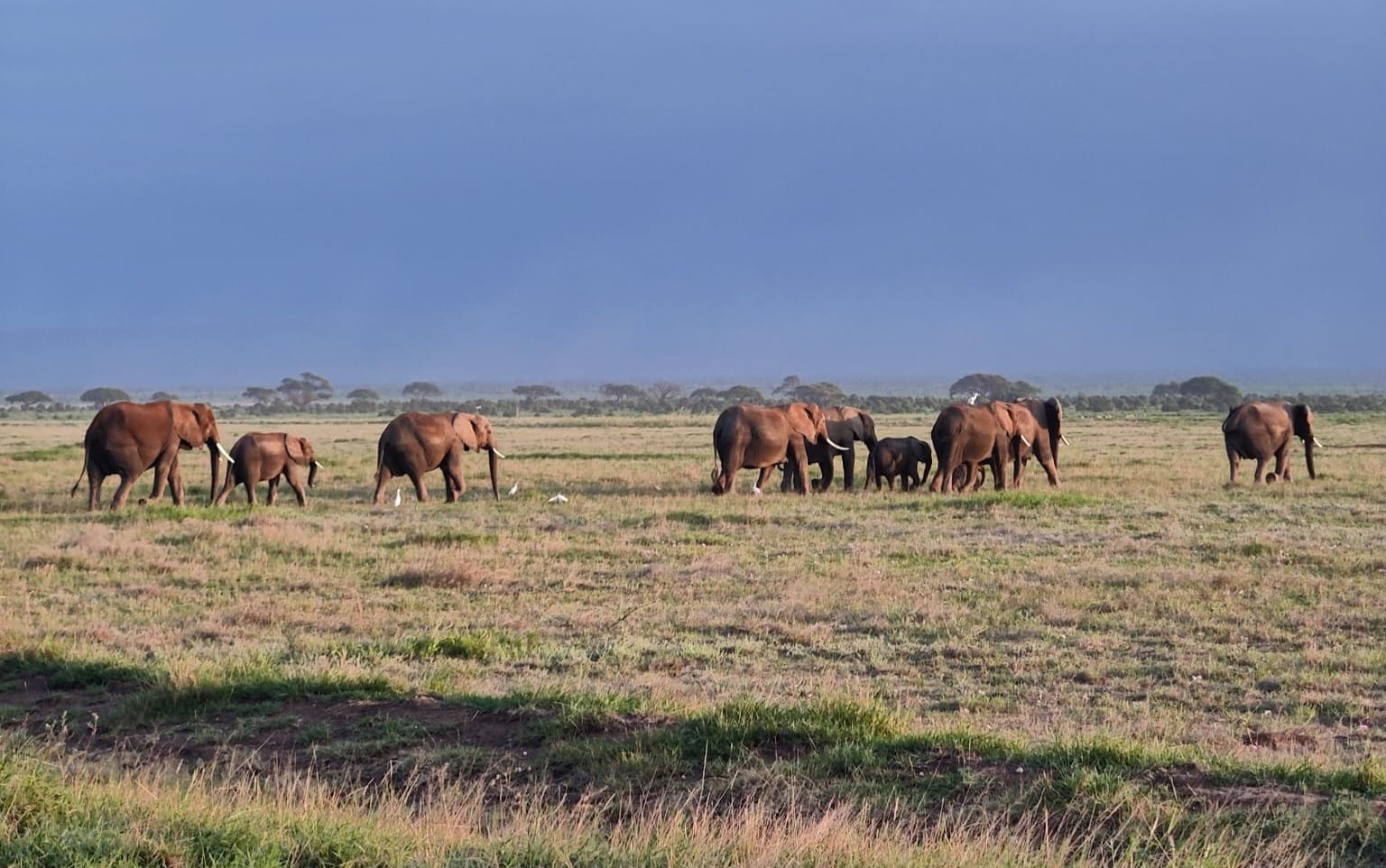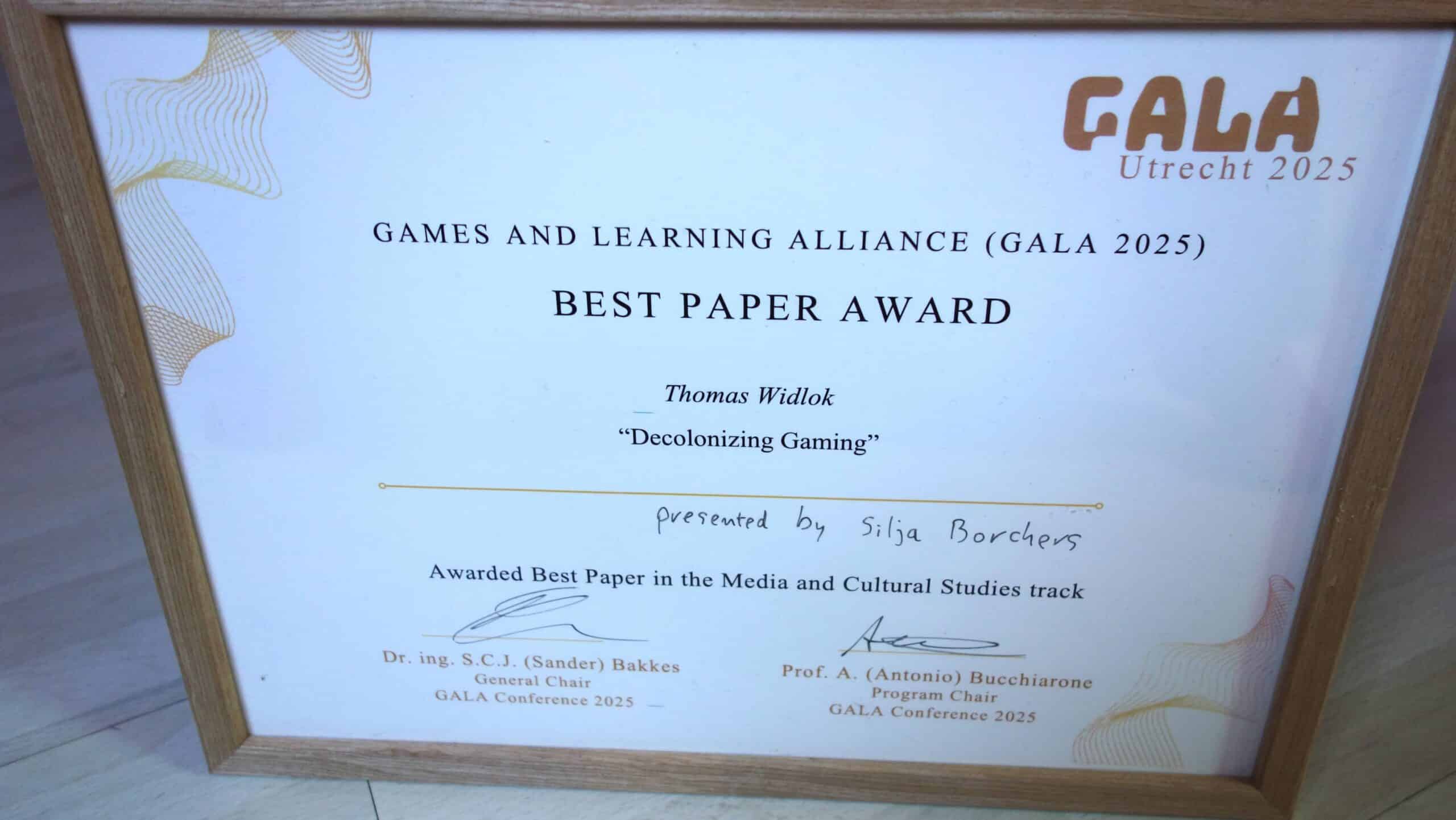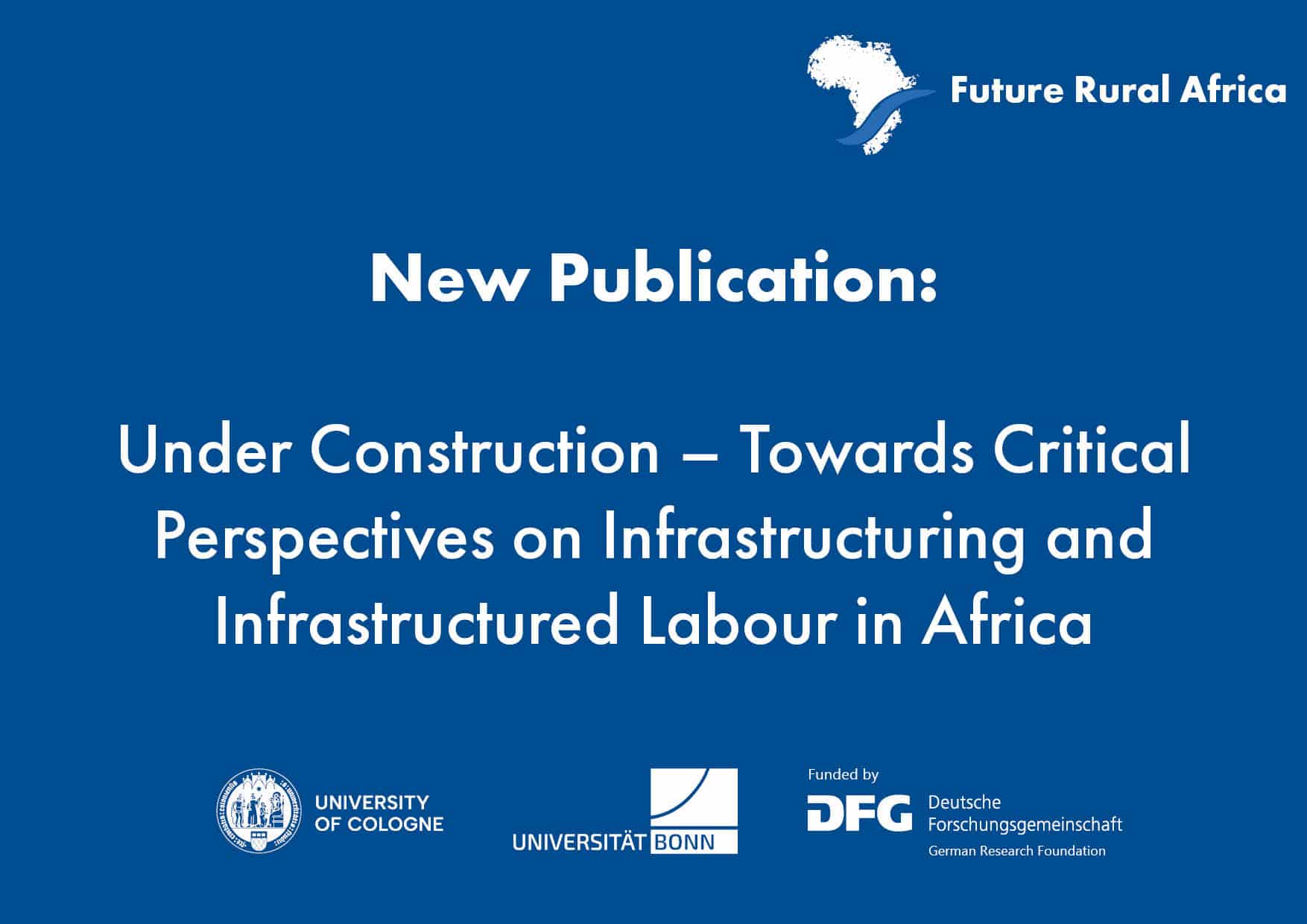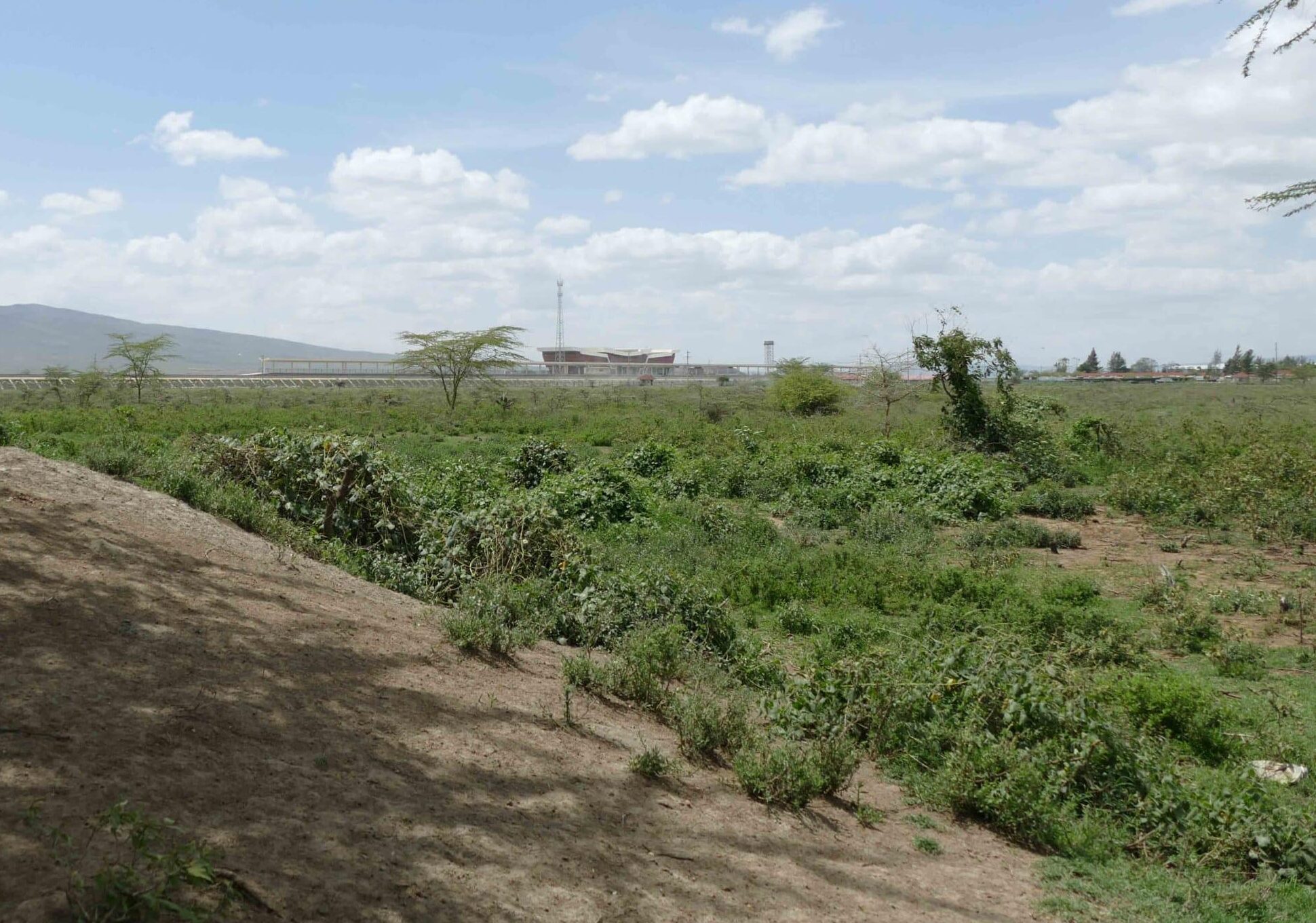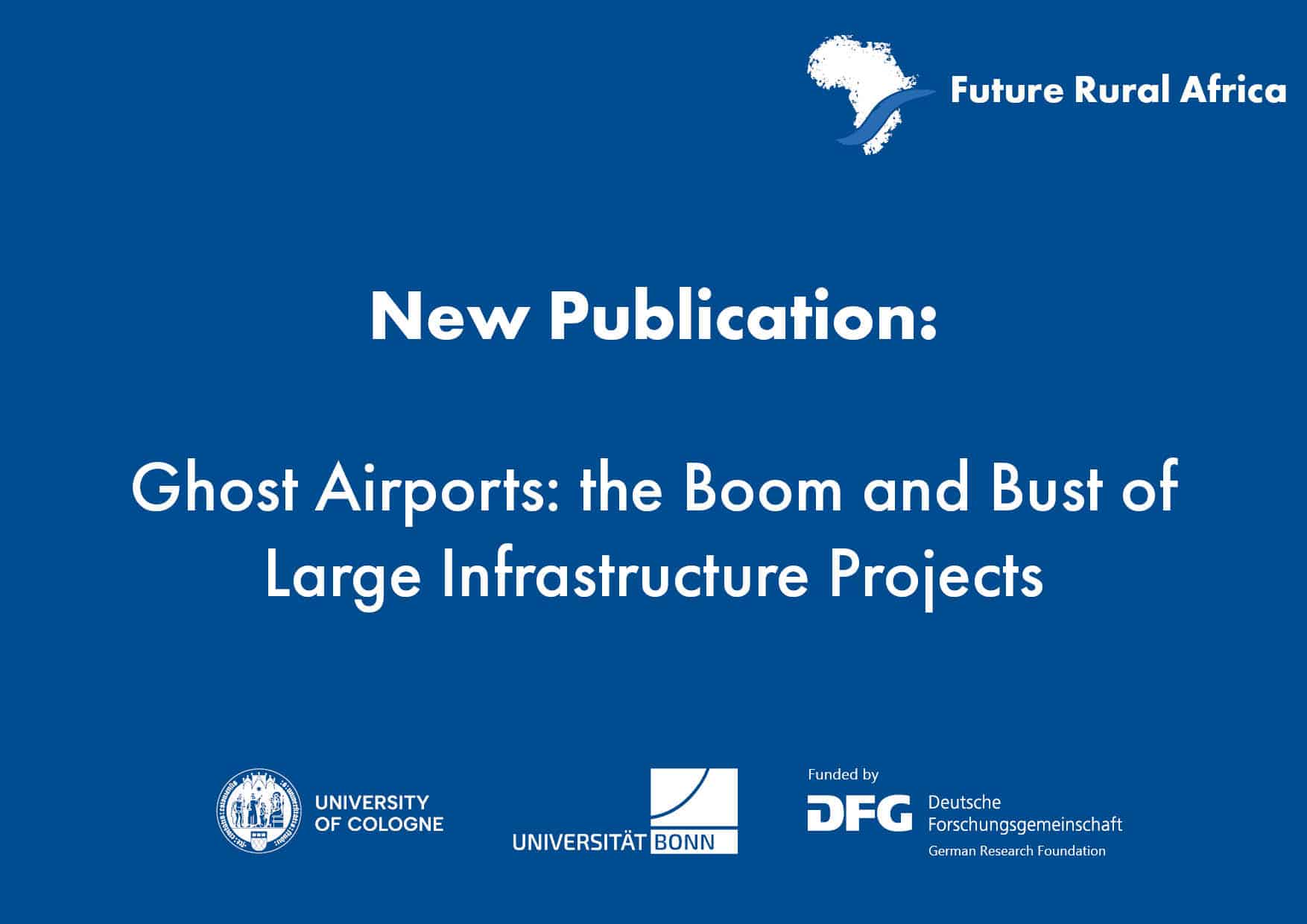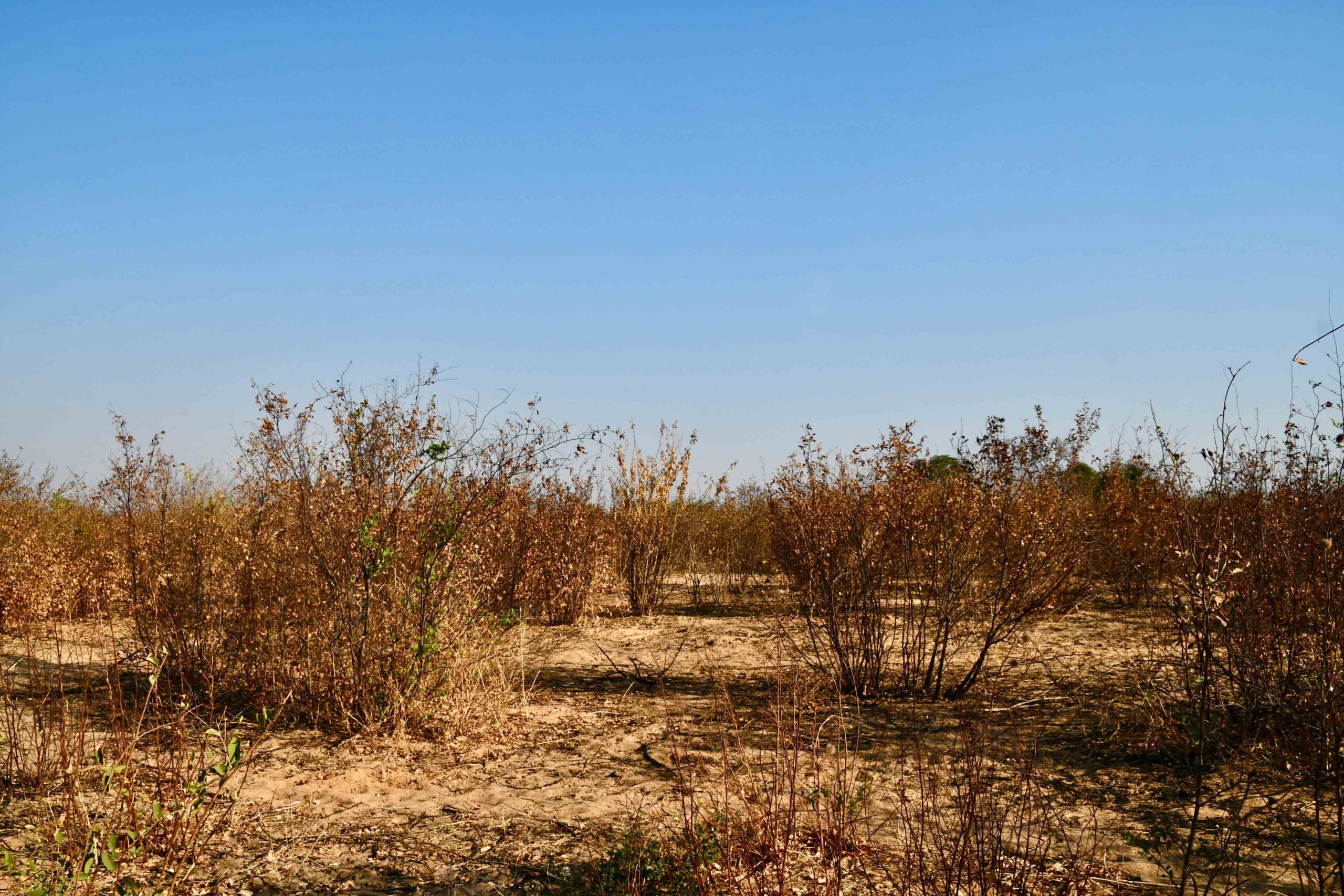In this paper, Emilie Köhler and Michael Bollig (Project A04 Future Conservation) examine wildlife corridors in the Sobbe corridor within the Kavango-Zambezi Transfrontier Conservation Area (KAZA TFCA) in Namibia. The study analyzes the creation, governance, and challenges of these corridors. Their research shows that while human-elephant conflict is a key issue, it occurs more frequently near roads than within corridors, and the biggest threat to wildlife corridors stems from agricultural expansion and local land disputes.
Abstract
Wildlife corridors are seen as essential environmental infrastructure guaranteeing species connectivity and biological diversity in contemporary conservation landscapes. Harking back to recent social science literature on infrastructure in general and environmental infrastructure in particular this contribution will analyze one contested wildlife corridor as part of a large conservationist project, the giant Kavango-Zambezi Transfrontier Conservation Area (KAZA TFCA), founded in 2011, and with 520,000 km2 the world’s largest conservation area. Using elephant corridors as an example, we will examine how they come into being and how they are governed. Only at first sight wildlife corridors appear as something entirely natural, constituted by the daily or seasonal movements of large herbivores. Indeed, elephants for example, produce paths through the savannah that are well visible in the landscape.
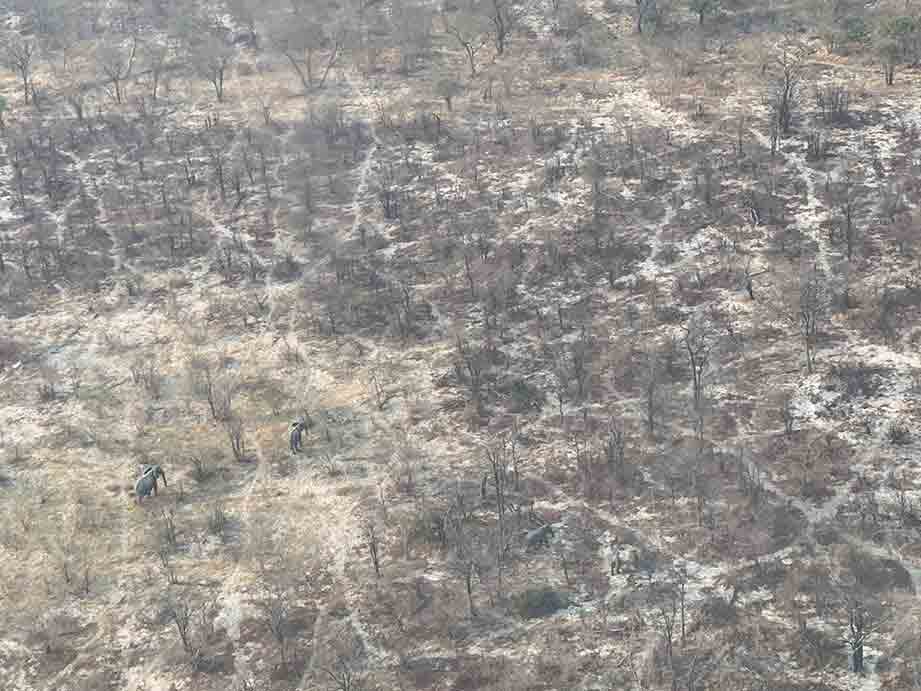
But to make them wildlife corridors in conservation projects human action is needed: we will analyse wildlife corridors as hybrids of wildlife produced paths, administrative action and modern technologies of wildlife monitoring. As we will show in some detail focusing on one important Namibian wildlife corridor, the so-called Sobbe corridor, the human-elephant conflict is a real challenge leading to local resistance to corridors. Surprisingly, though, conflict is more frequent along the linear settlements close to roads, than on wildlife corridors, instances of human-elephant conflict is a prominent topic linked to corridors. The most significant challenge to corridors though comes from the rapid expansion of agricultural fields as well as from local conflicts over land ownership.
Reference
Köhler, E., Bollig, M. 2025. Elephant corridors in the Kavango-Zambezi transfrontier conservation area (KAZA TFCA): environmental infrastructures for a greener anthropocene in Namibia’s Mudumu landscape. Review of Regional Research. DOI

